Join getAbstract to access the summary!

Join getAbstract to access the summary!
Richard Cooke
Wikipedia Is the Last Best Place on the Internet
People used to think the crowdsourced encyclopedia represented all that was wrong with the web. Now it’s a beacon of so much that’s right.
Wired, 2020
What's inside?
Cultural correspondent Richard Cooke details Wikipedia’s beginnings, culture and mind-boggling future.
Recommendation
In this article for Wired, cultural correspondent Richard Clarke tracks the origins, the day-to-day functioning and the likely future of Wikipedia. He discusses how its founders first regarded it as an adjunct to another site; how “Wikignomes” keep the site up and running; how Alexa and Siri depend on Wikipedia for answers and will depend on it even more in the future; and why everyone who uses Wikipedia still remains slightly reluctant to cite it as a source. Clarke’s lively writing and lucid insights will captivate anyone who uses Wikipedia – that is, pretty much everyone.
Summary
About the Author
Richard Cooke has written for The Washington Post, The New York Times, The Paris Review and The New Republic. He is the author of On Robyn Davidson.










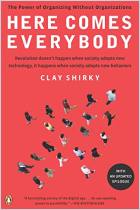
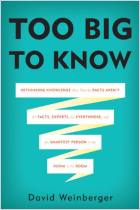
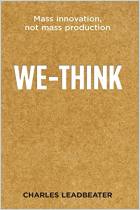
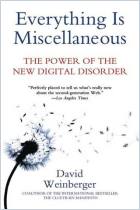

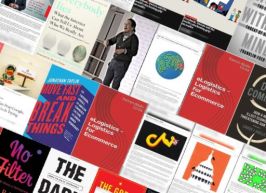

Comment on this summary